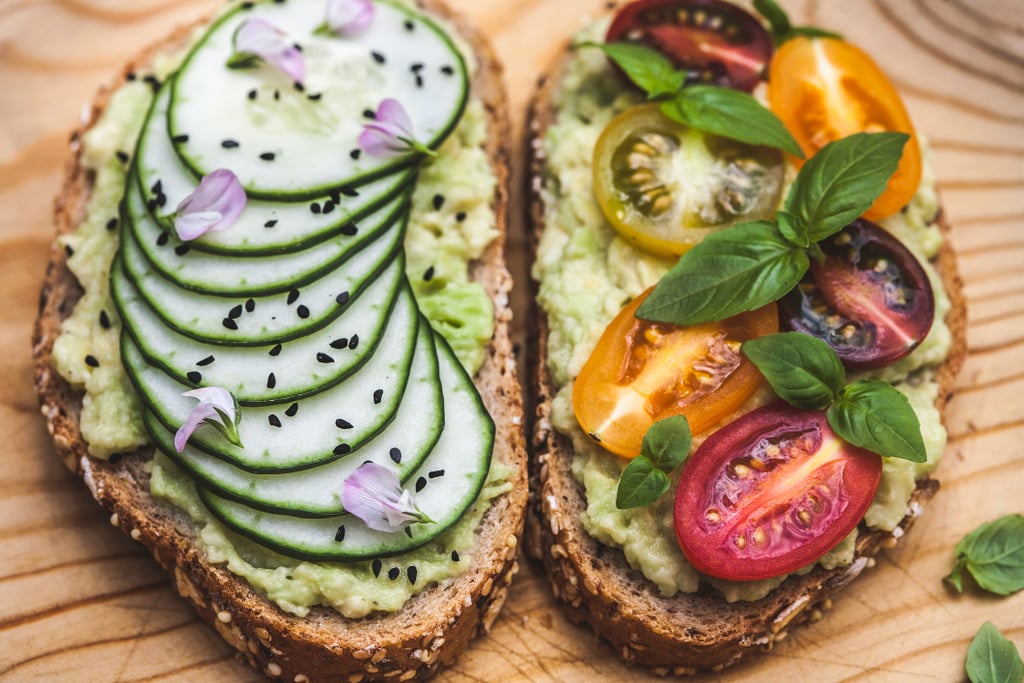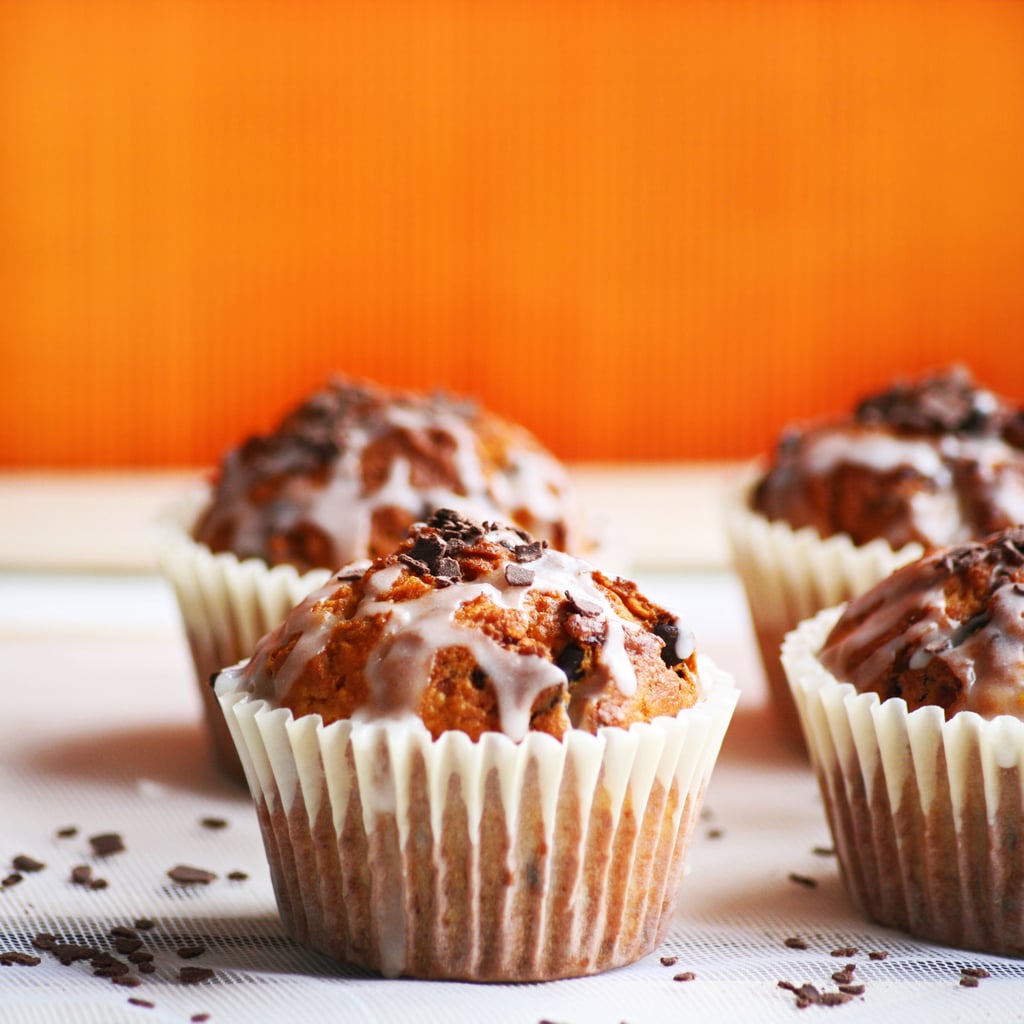I've been doing intermittent fasting (IF) for over two years now, and the main reason I started was for weight loss. About eight months after I started CrossFit, I was gaining weight [1] (mostly in my belly), and intermittent fasting was the only thing that helped me get leaner. Intermittent fasting is a way of eating that involves periods of eating, or your feeding window, and fasting. There are several ways to do intermittent fasting [2], the most popular being 16:8 or leangains, where you eat during an eight-hour window and fast for the other 16 hours a day. Other people play with the feeding window, including eating in a 10- or six-hour window instead.
Although I started IF to lose weight, I had some struggles in the beginning — so if you're wondering why you're not losing weight with intermittent fasting, learn from my mistakes [3]. After two years, I found weight-loss success and I genuinely enjoy eating with intermittent fasting now. Here's what to avoid if you're doing IF for weight loss.
Monitoring My Calorie Intake
I first began with the 16:8 intermittent fasting plan [5], eating from noon until 8 p.m. I thought as long as I was intermittent fasting, and wasn't eating breakfast, that I could eat for eight hours straight. I was noshing the second my window opened, and cramming protein bars in my mouth at 7:58 p.m., because I thought, "hey, it's in my eating window."
You should absolutely eat your day's worth of calories during your eating window. You should eat meals that include the foods you love, that nourish your body (like kale salads) and nourish your soul (like dark chocolate). You should eat until you feel satisfied — not until you're painfully stuffed, which is what I was doing. I'd go to bed feeling so full and bloated [6], and not only would I have a hard time sleeping, but that affected my ability to wake up and feel energised to work out.
I wasn't losing, and was actually gaining weight [7]. All I did to fix that was simply start monitoring my calorie intake [8] for about a week. I weighed and measured my food and tracked it in MyFitnessPal. I aimed to get around 1,500 to 1,800 calories (recommended by the registered dietitian I met with), depending on how active I was that day.
It was eye-opening to see that I was getting more like 2,500 to 3,000 calories a day — way more than I needed. No wonder I was gaining weight! After about a week of monitoring my calories, I was able to keep my portion sizes in check without tracking.
Eating More Protein
As a plant-based eater, my diet is full of veggies, some fruit and whole grains, and tons of nuts and seeds. I get plenty of carbs and healthy fats, but I wasn't getting enough protein [9]. This made my meals feel less satiating, so I ended up eating more during my eight-hour window, which resulted in weight gain.
When I tracked my calories on MyFitnessPal, I realised I was barely getting in 50 grams of protein [10]. My dietitian said to aim for 70 to 100 grams, and as soon as I upped my protein, my appetite felt more balanced, and I was able to lose weight.
I Changed My Eating Window
The 16:8 method of intermittent fasting [11] is one of the most popular forms, which is why I started with it. I actually found that having eight hours to eat was too long, and it encouraged me to eat for the entire eight hours, even if I wasn't hungry. I decided to try other intermittent methods [12] to see what worked best for me.
I tried 5:2, where you eat 500 calories a day for two days a week [13], the more extreme alternate day fasting [14], where you eat every other day, and 20:4, where you fast 20 hours a day [15].
What I found worked best for me and my workout schedule was to listen to my body and eat when I was hungry and stop when I was full. That meant eating 17:7 or 18:6 [16]. I'd eat lunch around noon or 12:30, have a snack midday, eat dinner with my family, be done by 6:30 or 7 p.m., and then sip on some herbal tea. I was able to get in all my daily calories without feeling rushed and without overeating. Plus, I felt like I had time to digest before going to bed at 8:30 or 9 p.m.
I Cut Down on Sugar
After researching intermittent fasting, watching tons of YouTube videos, listening to podcasts like The Obesity Code [17], and being introduced to fasting expert Jason Fung, MD, a nephrologist (kidney specialist) and author of The Complete Guide to Fasting [18], I learned that eating sugar would spike my insulin levels, which would make my body store fat [19].
When eating sugar elevates insulin levels [20], it blocks leptin (the hormone that signals to your body that you're full [21]) and overloads your dopamine receptors, which leads to insatiable cravings, explained Susan Peirce Thompson [22], a psychology professor with a Ph.D. in brain and cognitive sciences. Cutting down on the sugar and refined carbs made me feel less hungry throughout the day, and allowed my body to keep my insulin levels low so my body would use my stored body fat for energy.




